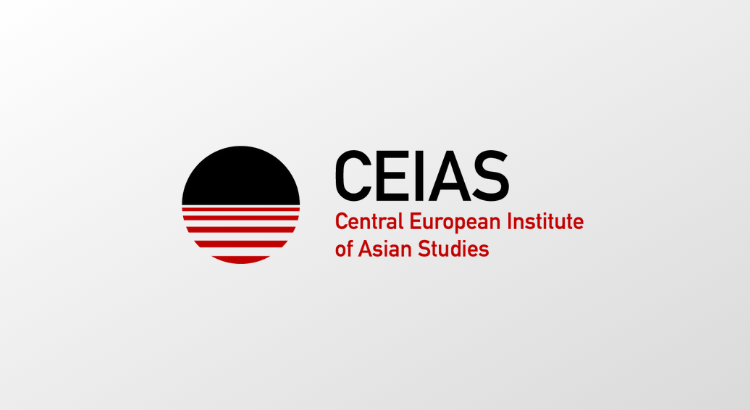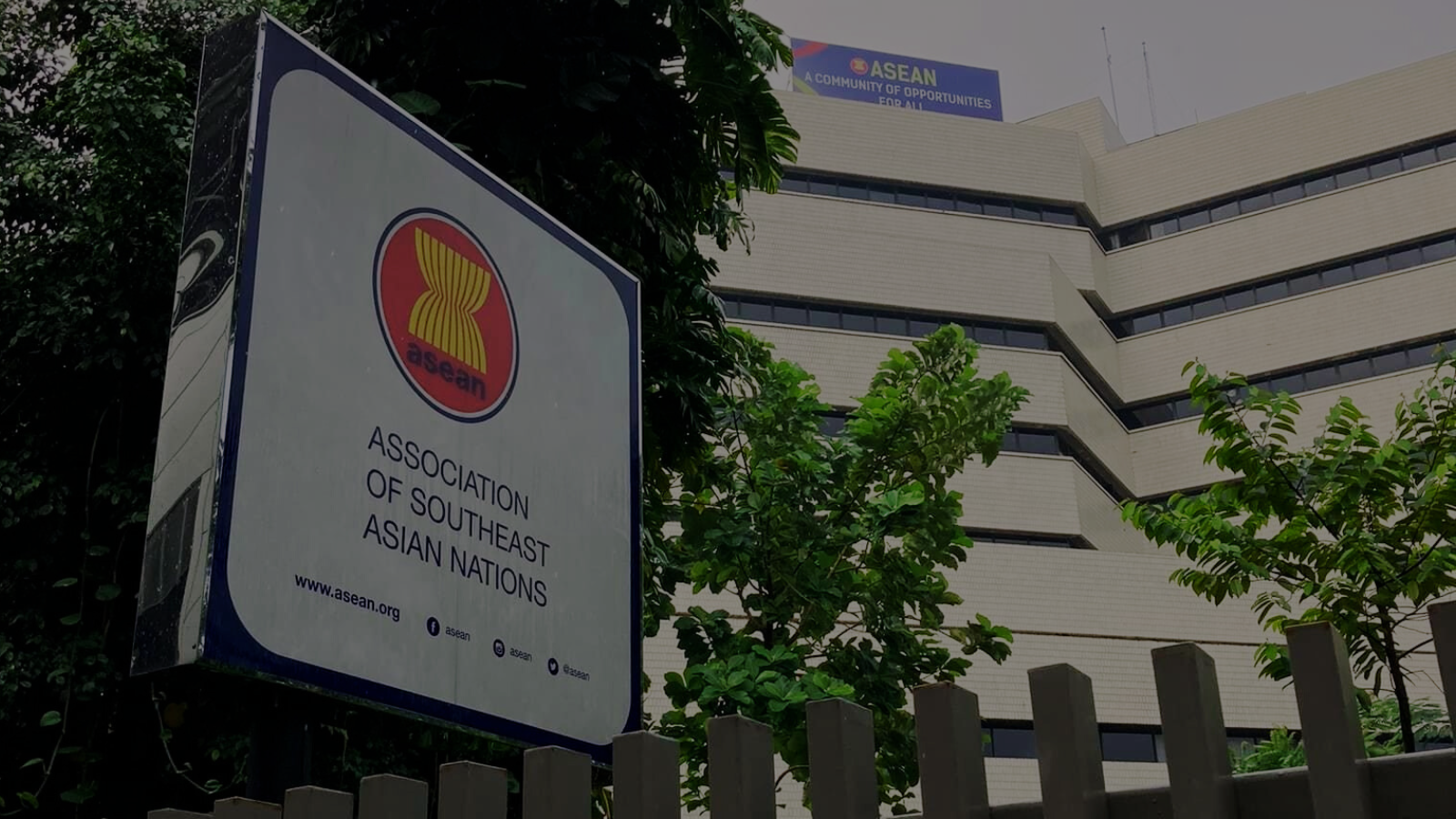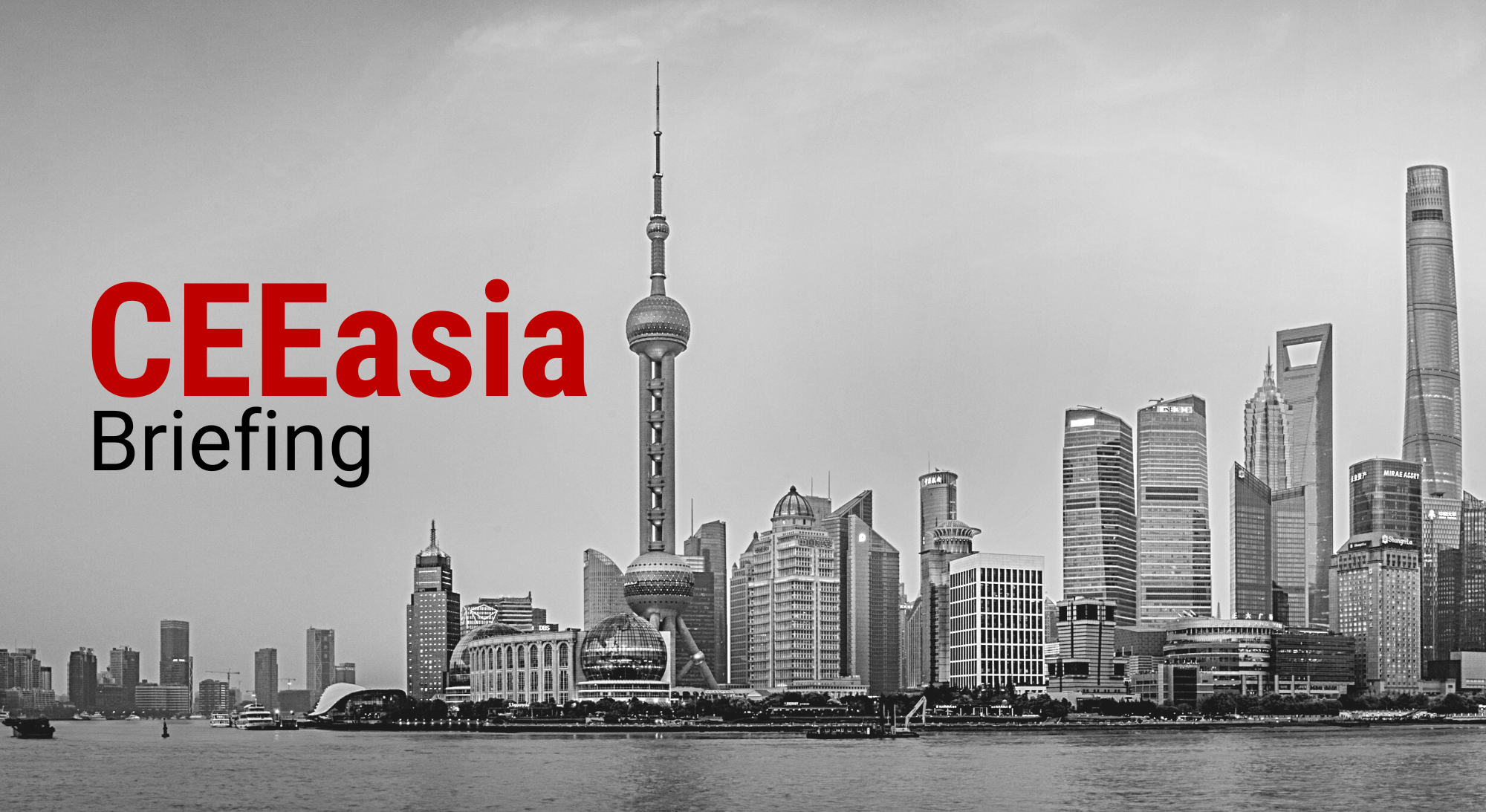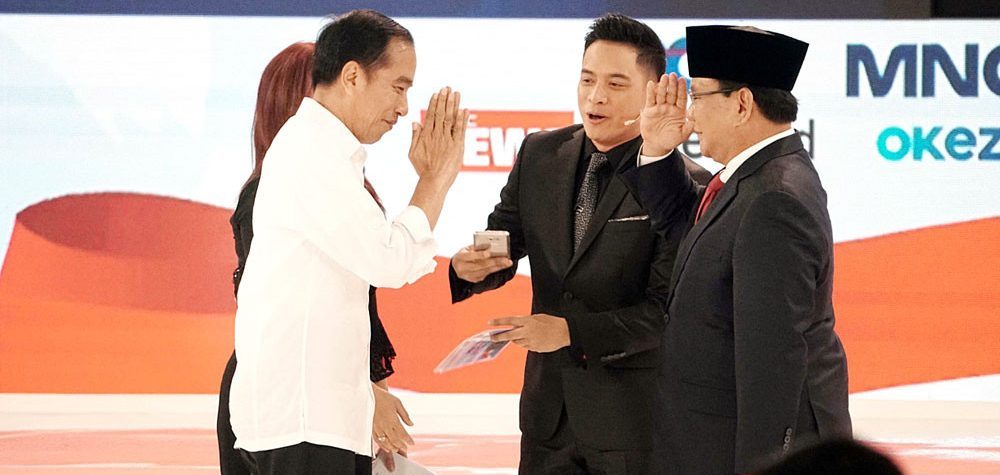A diverse set of panelists from Japan, Taiwan, the U.K., and Slovakia talked` about the Indo-Pacific strategies of the European Union and how Europe and Asia can further cooperate with each other.
The discussants reflected the European Indo-Pacific strategy from various perspectives, global, Central European, but also regional – Asian. They agreed that the strategy follows general global trends, but covers several areas from economic cooperation, through security, climate change, etc. and it is difficult to find priorities or ways of implementation in it. These trends need not only be seen as changes in the global economy but also in technological developments and questions about confidence in the liberal world order. There needs to be a rethinking of the approach based on current trends in the West and Indo-Pacific and the fact that China remains a central player in the region. The EU should try to engage China rather than constraining, or marginalizing it.
As China is a major regional player and the countries in the region depend on it, each of them developing its strategy in relation to it. However, this does not prevent them from developing cooperation with Western partners. In this regard, it was emphasized that the strategy stays neutral, it neither fulfills US expectations nor dodges responsibility. Cooperation with China, for example, the CAI was not excluded, but it also emphasizes cooperation according to European interests and with like-minded partners. Therefore, it could be understood as a reframing of existing projects into a new direction. Different EU member states show different positions and unless the EU moves on to implementation, it will perhaps turn into a non-strategy strategy.
Regarding the relationship of CEEs or V4 and Asian actors, CEE countries each have their ideas. Hungary’s stance possibly stems from its relationship with the EU and with its opening to East policy, does not consider the Indo-Pacific to be important, while Slovakia and Poland consider it somewhat important. The Czech Republic, where the relationship with China and Taiwan is a heated topic, sees it as very important. In conclusion, the Indo-Pacific brings challenges and opportunities to CEE. For CEE countries, as the Indo-Pacific seems distant, there is a lack of interest and consensus and they are struggling to incorporate it into their strategies. However, CEEs need to step up their game to become a more active player within the EU, as large proportions of FDI in CEEs came from East Asian countries. Therefore, CEE countries must defend their interests in the region.
The current moment between CEEs and Taiwan also testifies to the fact that even Central European states have the opportunity to proactively develop cooperation with states in the Indo-Pacific region. Taiwan and CEE share common challenges, this includes, building resilient semiconductor supply chains, cyber security, and safeguarding democracy. CEE needs to step up, as Europe increasingly competes with Asia and North America in the production of semiconductors and as CEE is facing cyber security challenges. Taiwan can help in both circumstances and at the same time, shift its dependence on China towards linking with not only the US but also Europe. The global framework can be a good start, ex: the Global Cooperation and Training Framework (GCTF) launched by Taiwan and US, later on, joined by Japan which aimed at sharing Taiwan’s expertise with the world. As well as a successful V4 + Japan format that could work also between CEE and other East Asian countries. It is initiatives such as the V4 + formats that can help involve CEE in shaping EU policy towards the Indo-Pacific region.







